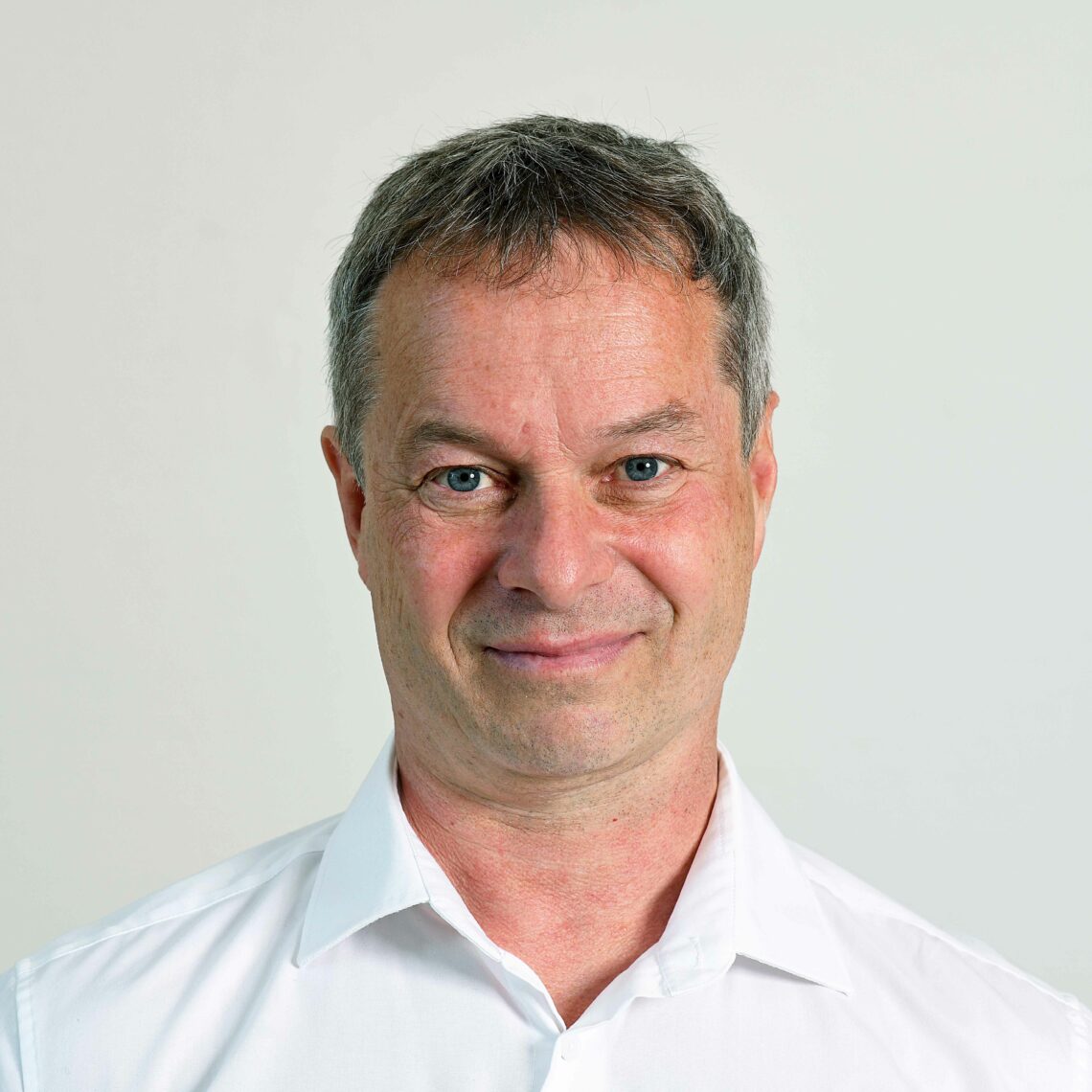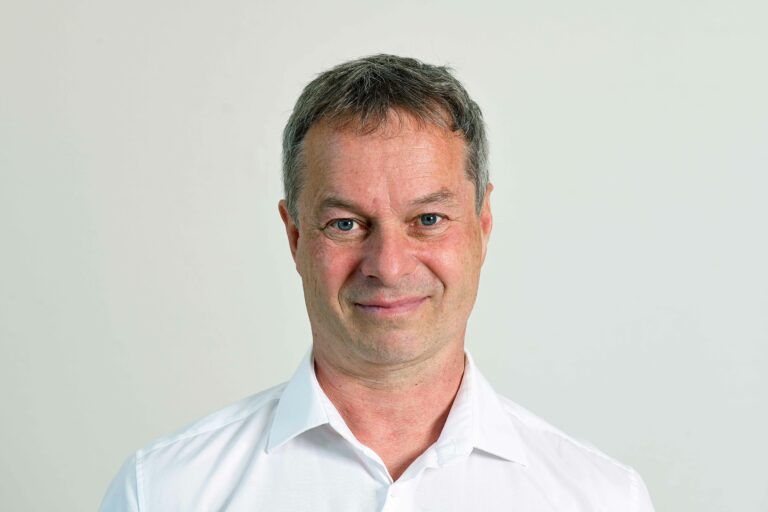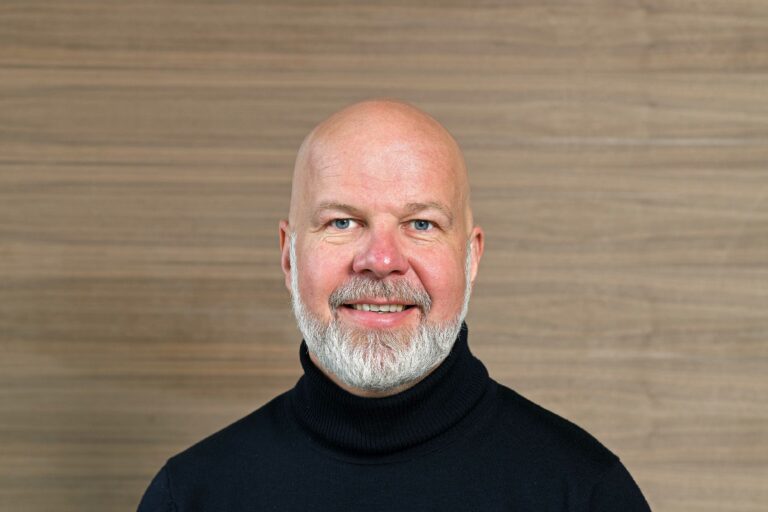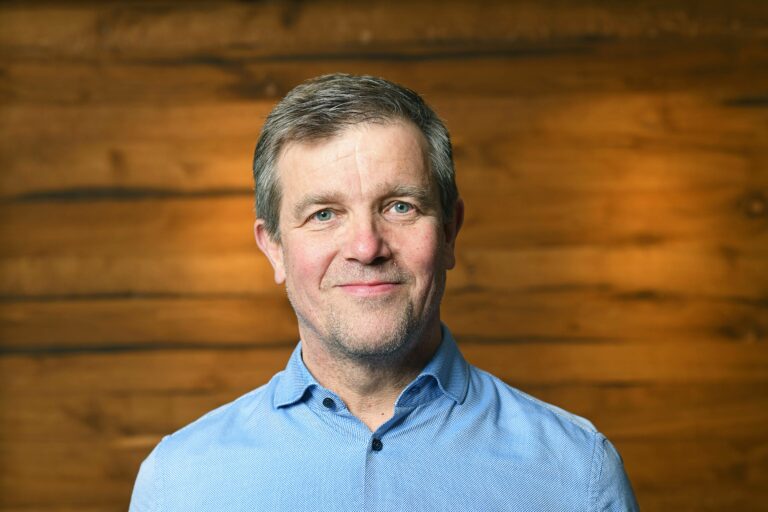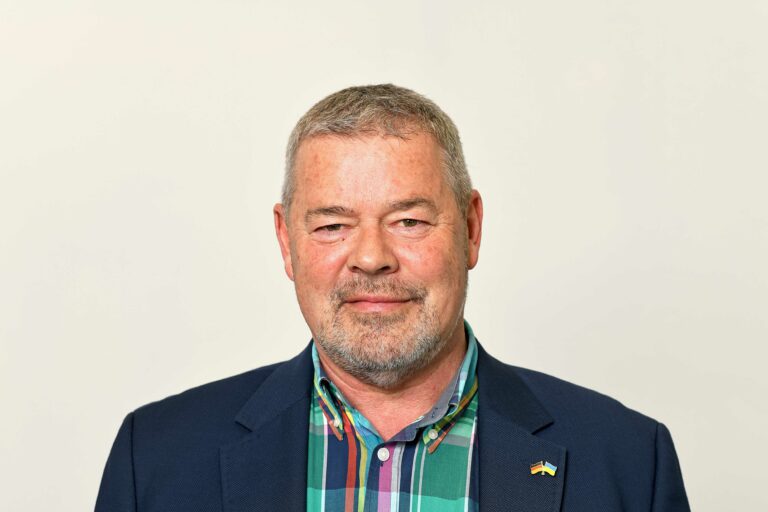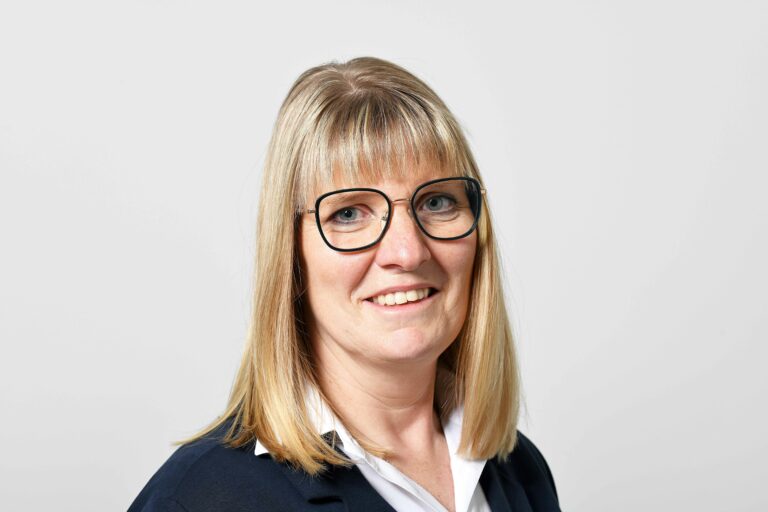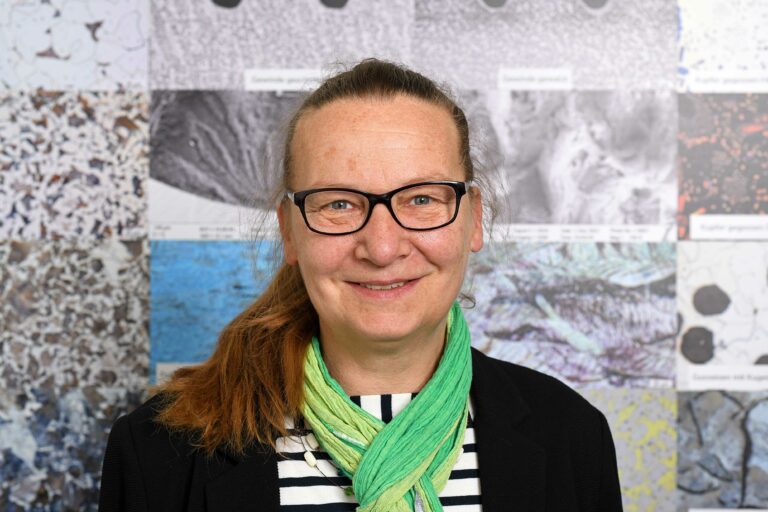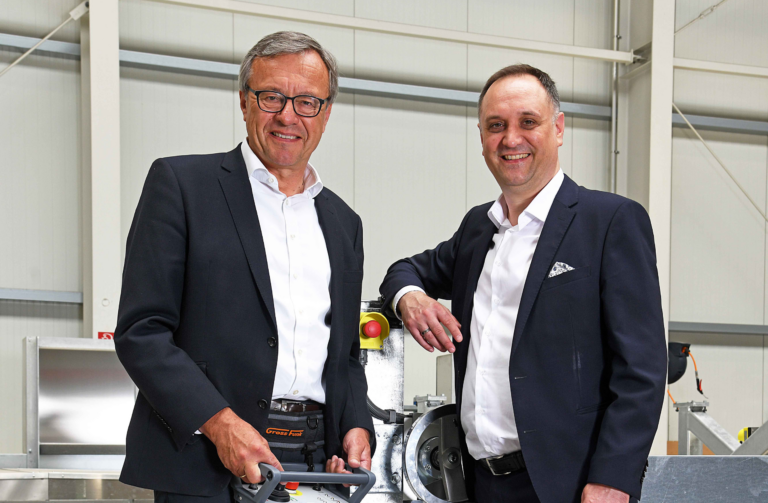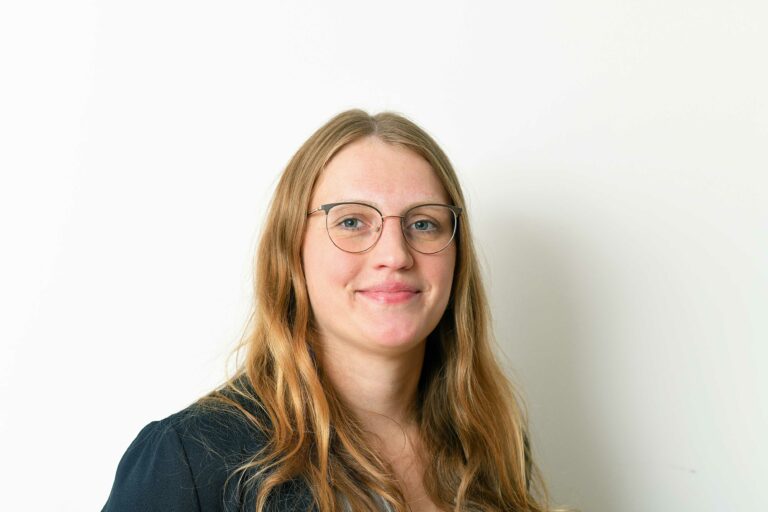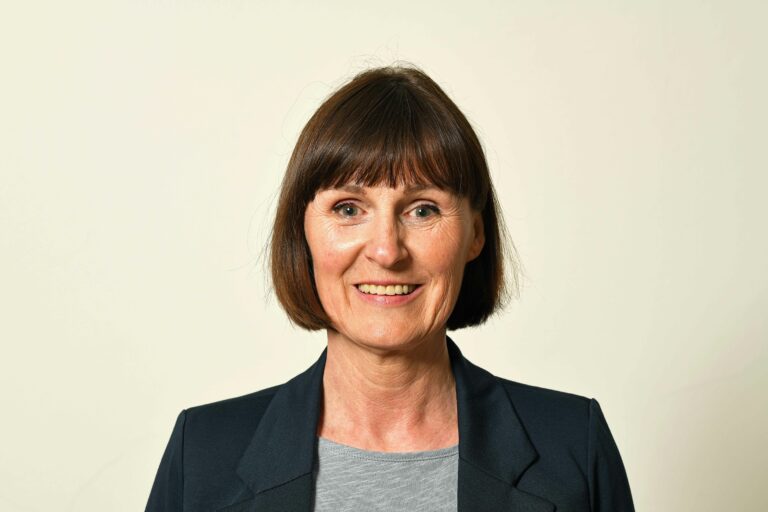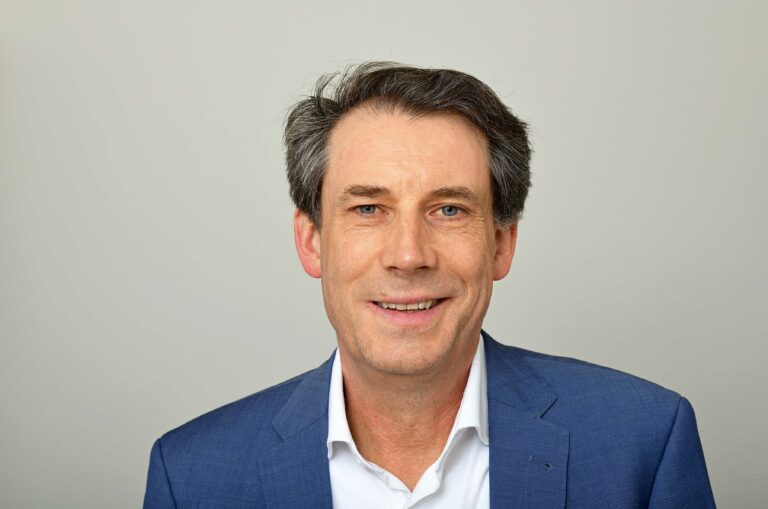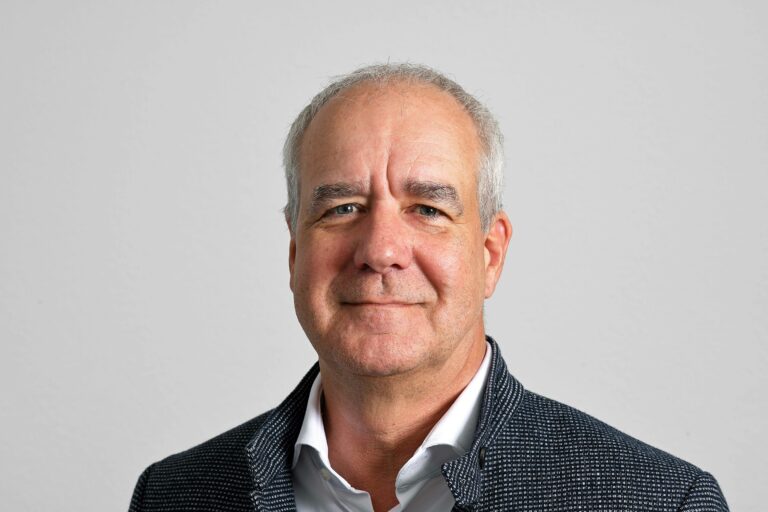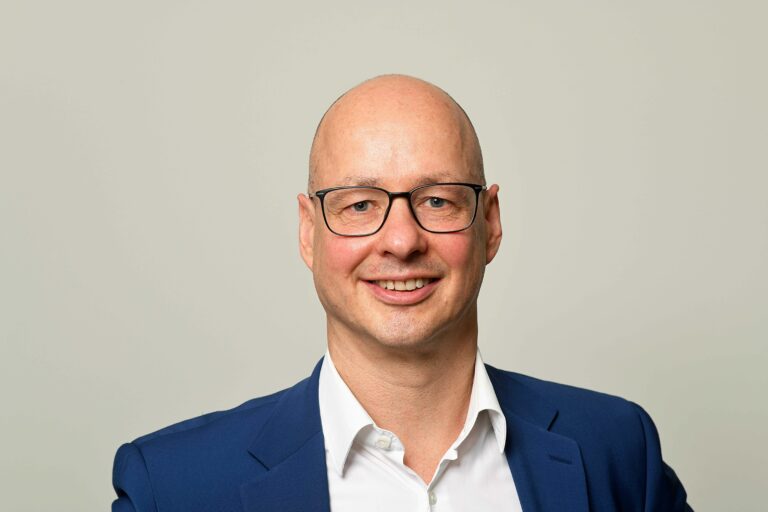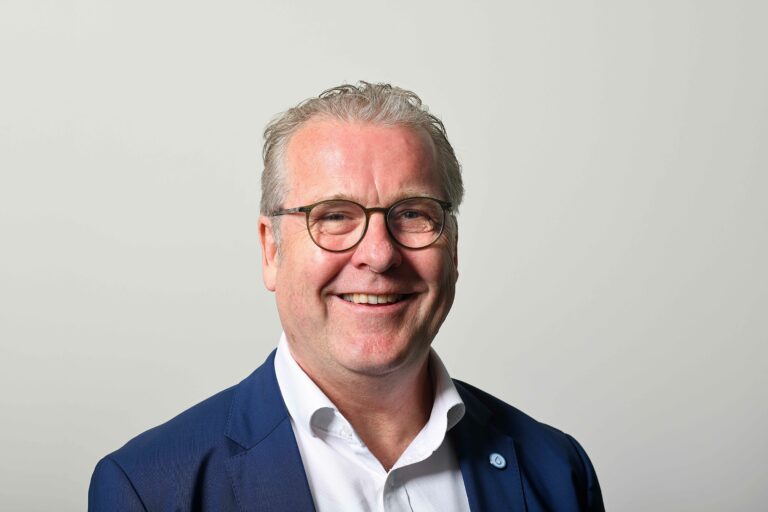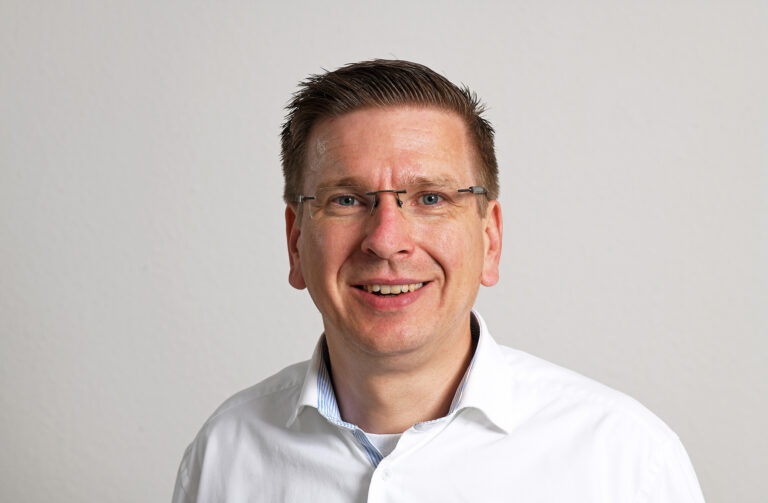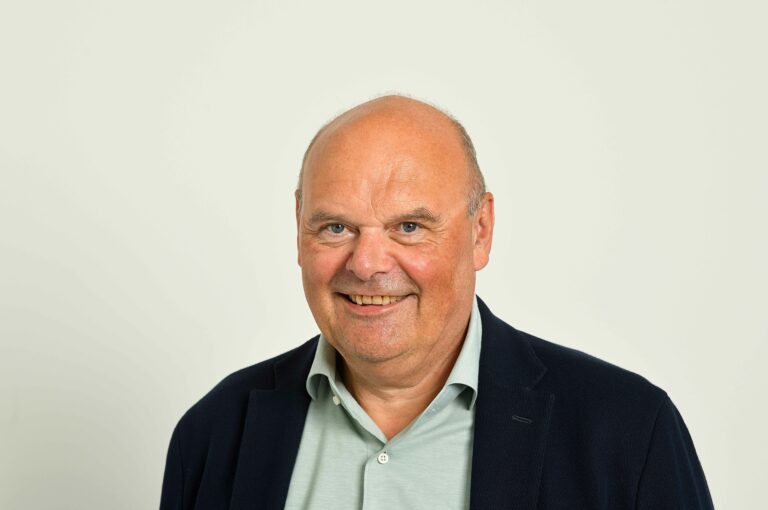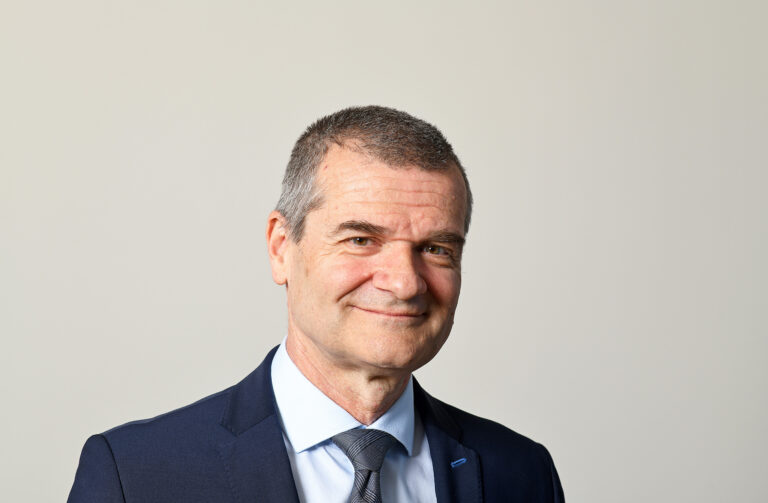Artificial intelligence is already making numerous tasks easier in many areas, particularly in everyday life, both for companies and the private sphere. Planet AI is a company with roots in Schwerin and a European AI pioneer with more than 30 years of experience from which many international companies benefit.
There are billions of documents in circulation around the world with inconceivable amounts of information on paper that could be made available in digital form in the future. “Many think that a scanned document in itself is already digitalisation. But that’s nonsense”, says Welf Wustlich. “Digitalisation entails reading and understanding the content in order to generate corresponding instructions”. Such automated processes are based on a kind of artificial brain, so-called neural networks.
Physicist Welf Wustlich has been busy for more than 30 years at developing an artificial intelligence that imitates human cognitive capabilities in the area of perception. As one of the founders of the artificial intelligence company Planet AI, he has already seen impressive success in this field and received several international awards. The basic technology was patented in 2018. With the so-called PerceptionMatrix, the artificial intelligence developed by Planet AI works like the human brain in perceiving and processing information, making it just as quick and intelligent. “This is the basis for our intelligent document analysis, or IDA for short, that has revolutionised the way documents are processed”, says Wustlich. Postal companies and service providers throughout Europe now use the development, as well as the US Postal Service and the global courier and logistics company FedEx.
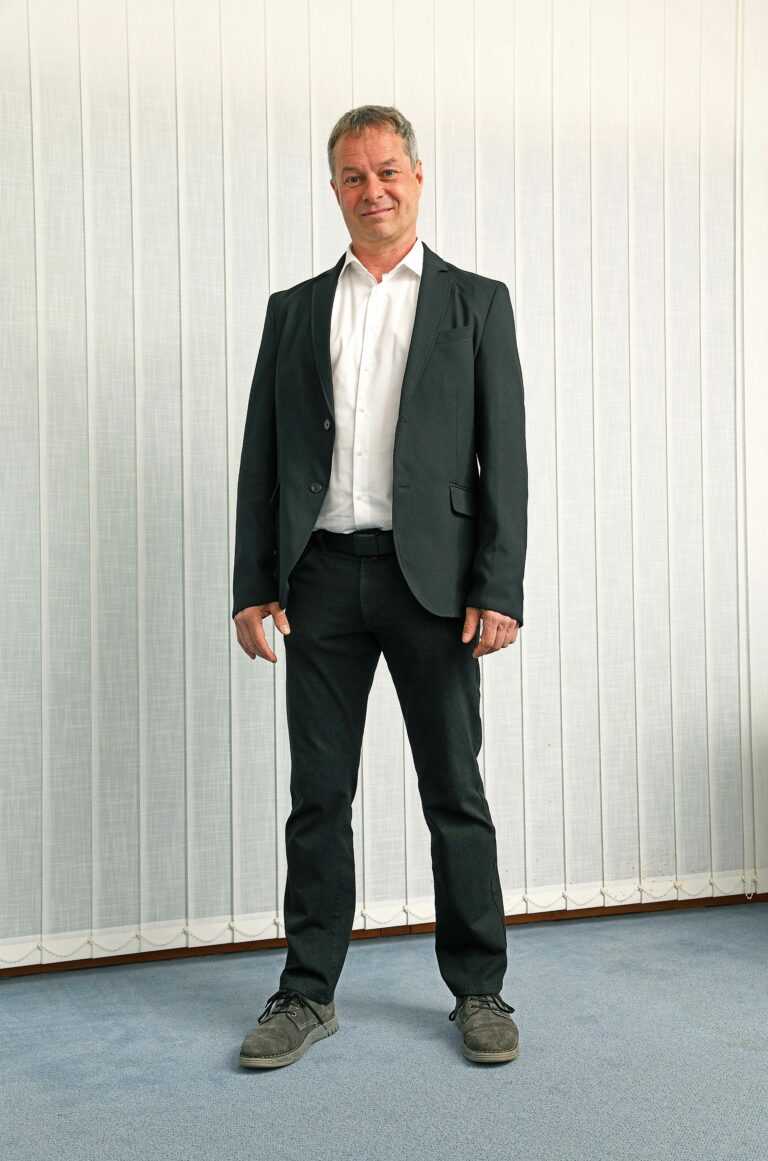
Welf Wustlich always wanted to know what holds the world together on the inside. In the early 1990s, he was given an opportunity at Rostock University to get involved in a research project about the human brain. “Finding out how intelligence works fascinated me”, says Welf Wustlich today. To achieve this, artificial models were developed to replicate natural learning processes in the brain.
In fact, Welf Wustlich wanted to make this the topic of his doctoral thesis. But he waived a possible doctorate and instead took the chance to set up a company in Schwerin. Together with three fellow students, he founded Planet GmbH in 1992 with a focus on planning and using neural techno-logies, as reflected in the company name. “We were one of the first companies in Europe to be at the cutting edge of these developments”, says Wustlich. “But we were ahead of our time. Our concepts were great, but the resources necessary to put them into practice weren’t available”. Instead, the company initially turned its attention to other fields, such as traffic monitoring. In 1996, they launched the first radar film assessment system, putting themselves in a leading position in the German-speaking market. Welf Wustlich remembers that a device was made especially for automated digitalisation of the negative film drums that were still being used back then with capacity for 1,000 images. “The machine was switched on in the evening. Next morning the material was available in digital form and ready for evaluation by our system”. A mile-stone in the mid-1990s.
Later on, this was followed by systems for detecting addres-ses and labels on mail consignments and freight. In 2010, the company started pursuing research into handwriting recog-nition with Rostock University.
They succeeded in making valuable writings from European cultural heritage accessible, including more than ten billion pages of European church records, for example. This refers to documents from the 16th century, a period in which the so-called cursive script already existed but without any generally valid rules. “There are only a few people today who are still able to read these old writings”, says Welf Wustlich. “After scanning the document, AI then deciphers it quickly and completely, thus helping to make out what the writings say. That would never have been possible without AI.”
Developments by Planet AI have also been successful in the field of medicine, such as evaluating radiological data, especially clinical pictures obtained by magnetic resonance imaging (MRI). The Planet AI software creates a 3D model from the MRI pictures, with deviations from the statistical average leading to diagnoses. The software quickly detects possible spinal malalignments thanks to the many thousands of spinal column data at its disposition.
Furthermore, in 2019 Planet AI started the “Doctor AI” research project into intelligent image and document analysis for healthcare applications in cooperation with the University Medical Centre Rostock. The aim was to recognise correlations between medical data and to use software to give doctors recommendations for the prevention and treatment of patients with cardiac arrhythmia, thus making a contribution to stroke prevention. When it comes to research and development, Planet AI cooperates on a large-scale with many university hospitals and scientific institutions throughout North Germany for ongoing further development of the AI system with corresponding professional expertise in the medical sector.
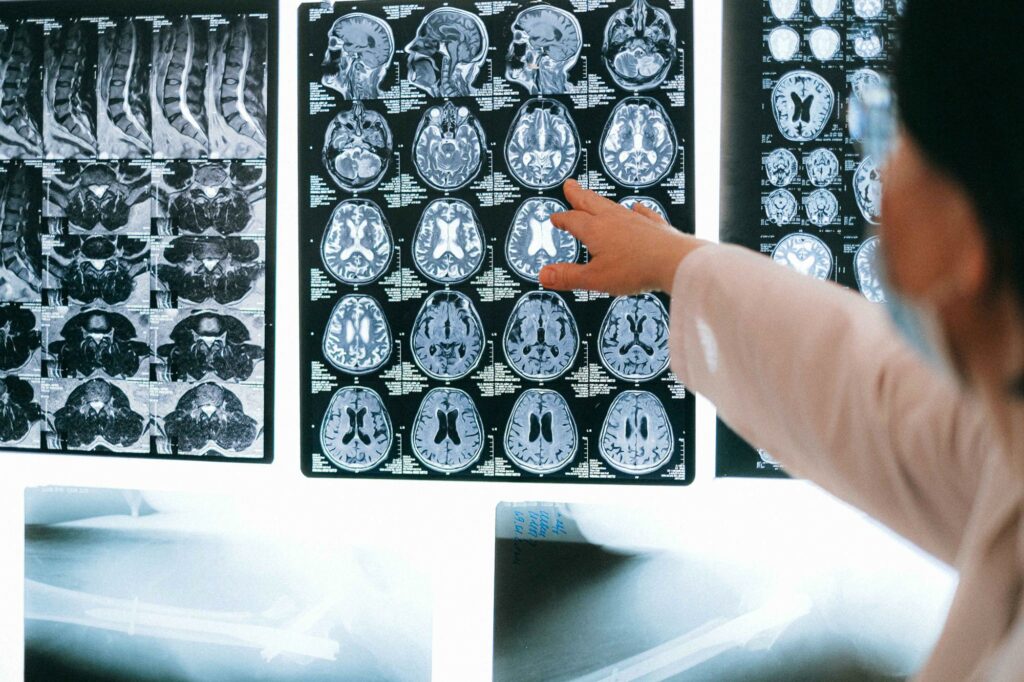
“At first sight, our applications might seem as diverse as a “pick-and-mix” bag, grins Wustlich. “But actually, the technological basis of our AI is the common denominator. It’s always a case evaluating images, videos or documents, understanding the information and putting it into context.” The Planet AI systems function as assistants that use existing data to make qualified suggestions for how to proceed, thus saving time and money to relieve the pressure on employees, for example. Staff then have more time for patients, for instance. Careless mistakes can also be avoided.
Welf Wustlich sees enhanced efficiency and quality as being an important effect of artificial intelligence. “It’s the greatest technology developed by mankind”, he says. “And it’ll be the last too, because AI will take things from here.” When asked whether this worries him, the 57-year-old replies: “Even if it weren’t a good idea to continue developing AI, it’s now no longer possible to stop the process. All we can do is to make sure AI is used to do the right things.” In his opinion, the greatest risk is posed above all by improper use. This naturally has to be prevented. But Wustlich doesn’t like to be pessimistic. “AI helps us with problems that we can’t solve today. A lot of things are going to happen here in the next few years, having an impact on a great many areas. We want to be part of that.”
Welf Wustlich and Jesper Kleinjohann founded Planet AI in Rostock in 2015 as a subsidiary of Planet GmbH in Schwerin. The workforce has grown from just two at the start to more than 40 today, including graduates from Rostock University, several of them with a PhD. They mainly work in research and development. In order to ensure that applied AI research remains a viable option for the future, also in terms of international sales, in October 2023, 51 percent of the shares in Planet AI were acquired by Bechtle AG based in Neckarsulm. “This was an important step for us to accelerate our growth and give us broad access to the market”, says Welf Wustlich, explaining why they joined forces with the global company from South Germany that has a workforce of more than 14,800 employees. “With Bechtel’s sales strength and our technology, we can offer trend-setting solutions for our customers.“

As a demonstration of how the company’s applications continue to be relevant to everyday things and challenges, Planet AI is currently bidding for a tender to reconstitute the still shredded Stasi files. After the Berlin Wall came down, the Stasi documents that had been torn into tiny fragments partly by hand by the GDR Ministry for State Security in 1989 were kept safe in many thousands of sacks, each containing tens of thousands of shredded pieces. Hundreds of millions of such snippets first need to be sorted and put into context before they can be read and analysed. “We’ve already carried out some laboratory tests and are now waiting to see whether we’ll be awarded the project”, says Welf Wustlich.
Planet AI GmbH
Sie sehen gerade einen Platzhalterinhalt von Standard. Um auf den eigentlichen Inhalt zuzugreifen, klicken Sie auf den Button unten. Bitte beachten Sie, dass dabei Daten an Drittanbieter weitergegeben werden.
Mehr Informationen
